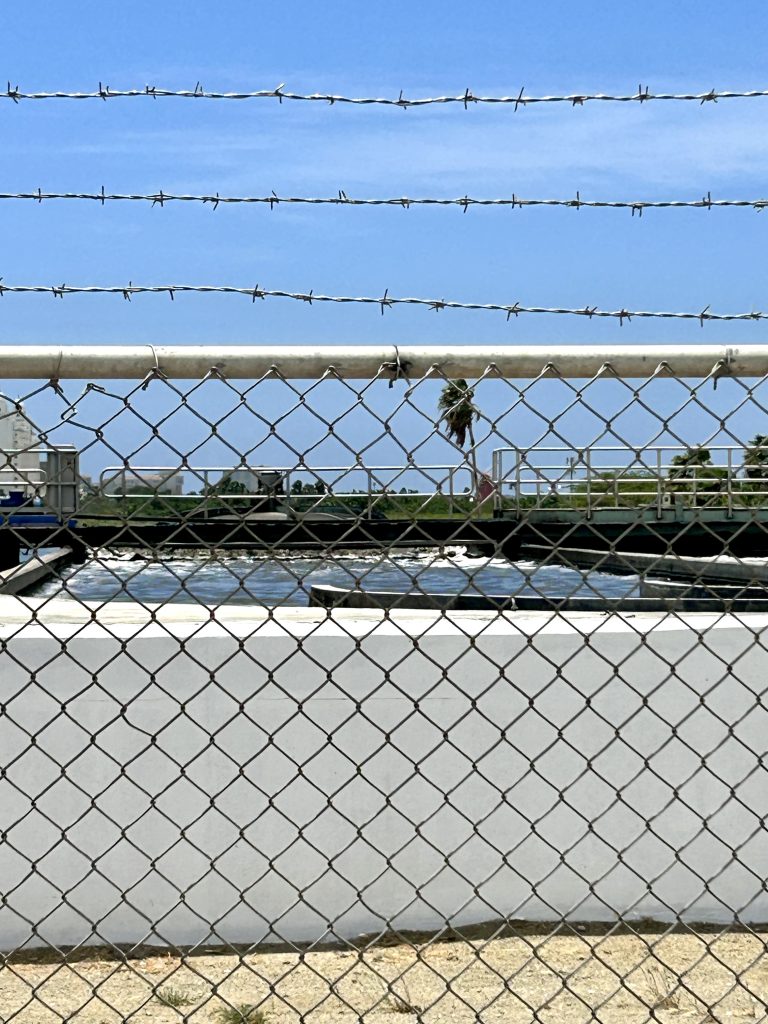IATA and ALTA United in Pursuit of Solutions to Latin America´s Pressing Infrastructure Needs
The Latin American and Caribbean Air Transport Association (ALTA) and the International Air Transport Association (IATA) reiterated their commitment to working together to encourage governments in the region to make critical investments in aviation infrastructure to enable aviation to continue to drive economic growth and job creation.
Speaking at the IATA FIDAE Wings of Change Conference, ALTA Executive Director Alex de Gunten said, “We can´t stress enough the need to address the infrastructure issues faced by our industry today. We can’t afford to wait until we have a crisis to take action. Infrastructure projects take years to complete, so the time to act is now. We need to work hand in hand with authorities and all industry stakeholders for the long term benefit of our region and the travel public.”
De Gunten noted that airlines in Latin America have been investing heavily to accommodate strong and rising passenger demand. Between 2006 and 2011 the airlines placed orders totaling almost US$50 billion. Unfortunately, this investment has not been matched by an equivalent commitment by governments to build airport and air navigation support infrastructure to meet the traffic growth. As a result, the encouraging economic outlook for Latin America and the Caribbean is at risk from the constraints and economic inefficiencies imposed by an aging and inadequate aviation infrastructure.
“Aviation drives connectivity and connectivity drives economic growth and jobs. Latin America’s airlines are making a valuable contribution to boosting the region’s GDP, but it is long past time for governments here to step up their commitment by investing in infrastructure to sustain aviation’s growth,” said Tony Tyler, IATA Director General and CEO.
A recent study by Oxford Economics shows that aviation directly employs more than 524,000 people in the region and that number grows to 5.42 million jobs once indirect employment, including tourism, comes into play. Aviation is a significant factor in increasing social well-being in the region.
“Despite the clear and significant contributions by the aviation industry to the economic welfare of the region, governments have not kept up their required investment to reduce the gaps in infrastructure,” de Gunten said.
Given the importance of the industry to the well-being of the region, IATA and ALTA urged governments to:
~ Reinvest in the regional infrastructure. Airlines and passengers pay over US $4 billion in fees, charges and taxes annually inthe region, the majority of which needs to be reinvested by governments. Today, over 30% of the region´s flights operate in saturated or oversaturated airports.
~ Review and improve both the concession and privatization processes in the region; Establish guidelines that reward airport efficiencies; Include a consultation process with the users; Ensure independence between operator and regulator and avoid the practice of pre-financing the investment.
~ Ensure airports are efficient and have competitive charges. One of the first steps would be to allow for the restructuring of standing concession contracts to reduce high government concession fees, which are in some cases over 50%. We also need to make sure that investment plans are in line with new passenger and industry requirements.
~ Promote the investment and use of technology to alleviate infrastructure limitations and increase safety and efficiency. One such example is the implementation of regional plans for the use of PBN/RNP navigation procedures.
~ Promote the integration of ATC in the region to overcome airspace fragmentation and inefficiencies
Source: www.alta.aero Alta News Letter, Santiago de Chile (March 28, 2012) –












